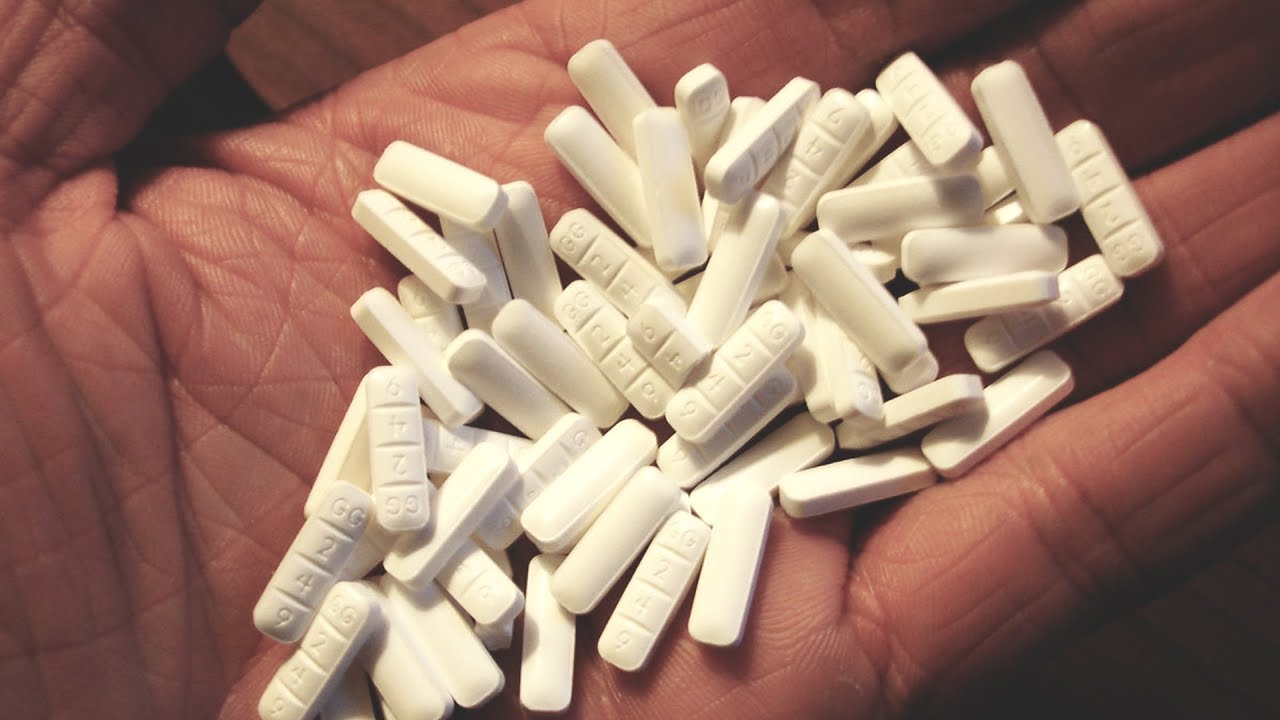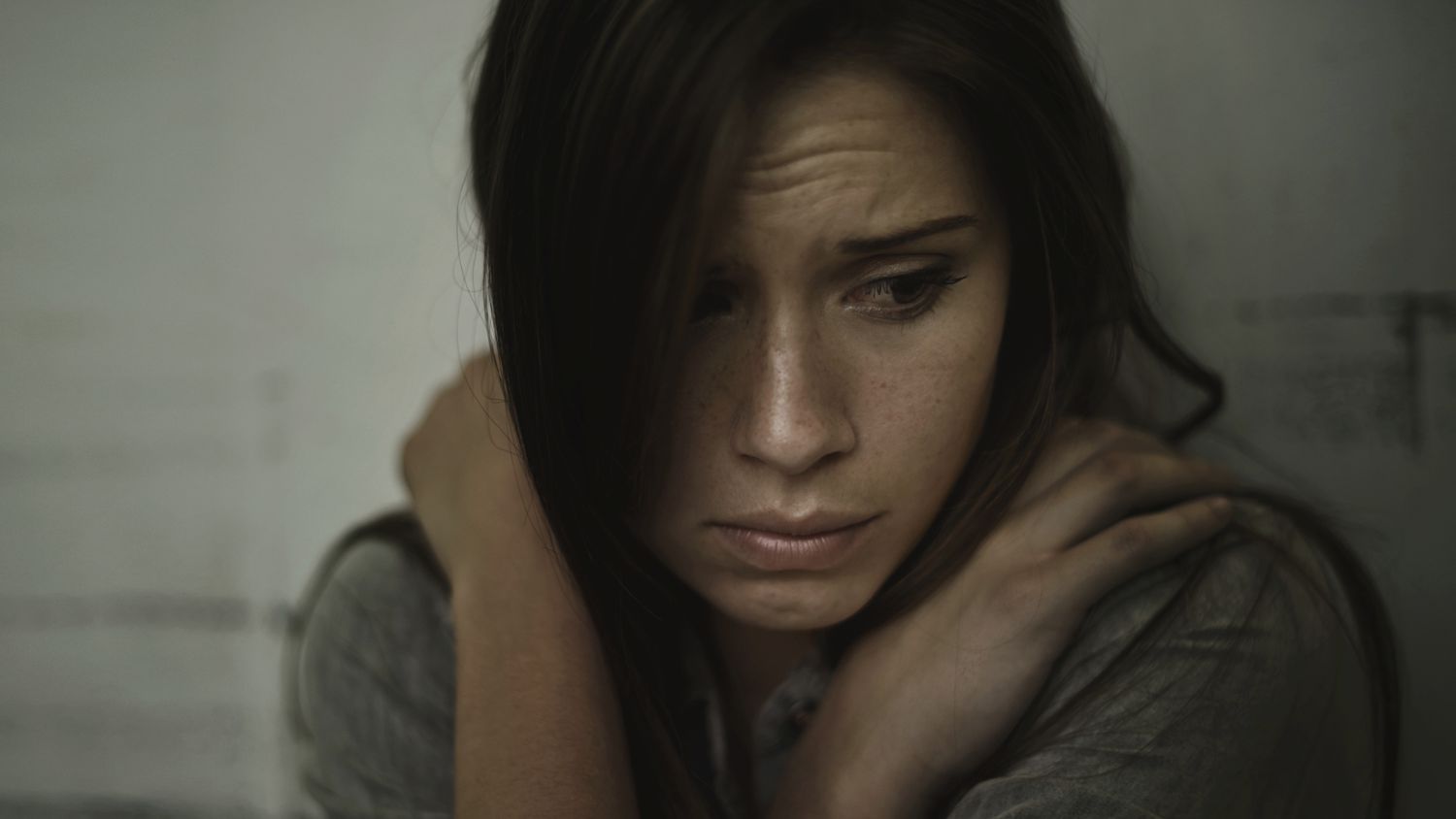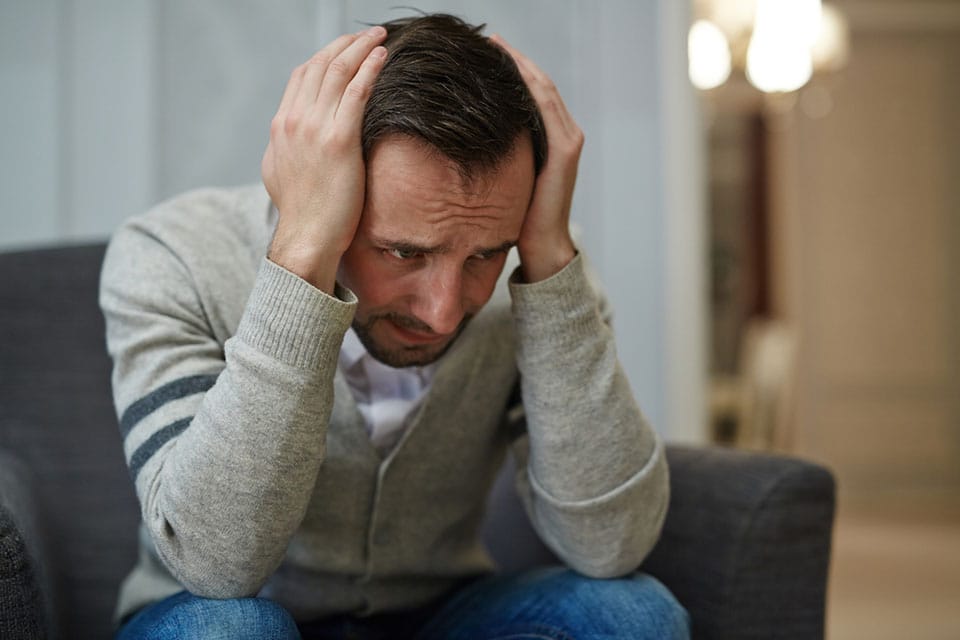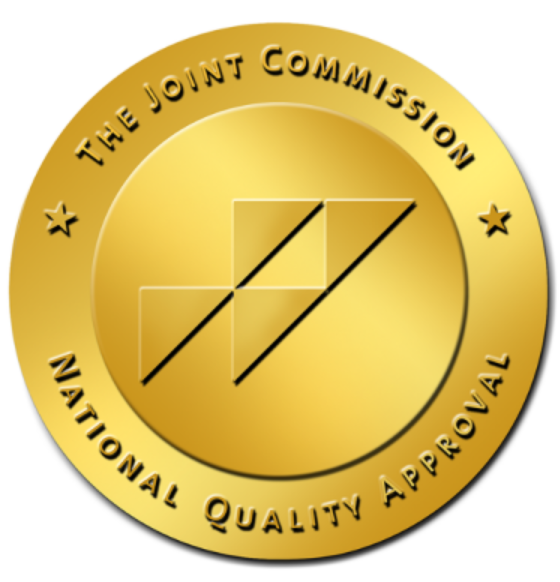Benzodiazepines Addiction Treatment Los Angeles
What is Benzodiazepines Addiction?
Benzodiazepines are part of a class of medication known as minor tranquilizers. Medical professionals frequently prescribe them to treat conditions as diverse as anxiety, panic attacks, insomnia, seizures, and even alcohol withdrawal syndrome. Since they became available as prescription drugs in the 1960s, benzodiazepines have achieved enormous commercial success, with some of them at times becoming the most frequently prescribed medications in the United States. However, these popular drugs are also frequently misused by people holding legitimate prescriptions and sold on the street for recreational drug users.
Benzodiazepines have a high potential for abuse. Users who take them for even a short amount of time are likely to develop a degree of physical dependence. The withdrawal symptoms that occur when an individual stops using benzodiazepines are not only painful, but potentially life-threatening as well. When an individual reaches a point where they are desperately avoiding withdrawal symptoms, unable to control their use, and suffering harmful consequences from their benzodiazepine use, they can be said to suffer from benzodiazepine addiction.

The vast majority of people who abuse benzodiazepines are poly-drug users. Since benzodiazepine addiction often occurs alongside opioid and alcohol addiction, the consequences can be far more severe and unpredictable. Those with benzodiazepine addictions have a high likelihood of respiratory depression due to overdose, a likelihood that increases exponentially when the medication is taken alongside other substances. Unless an individual seeks treatment, the consequences of long-term abuse can be catastrophic.
It is important to understand that benzodiazepine addiction is a serious illness. While benzodiazepines can effectively be used by medical professionals to treat a variety of conditions, it is not an inherently safe drug. The chances of physical dependence are high, and withdrawing from the drug without outside help is both difficult and extremely dangerous. It is recommended that anyone suffering from a benzodiazepine addiction take advantage of a multi-stage addiction treatment program, beginning with a medically supervised detox.
Commonly Abused Substances
Signs of Benzodiazepines Addiction
People who abuse benzodiazepines uncontrollably likely suffer from benzodiazepine addiction, which psychiatrists and medical professionals refer to as a substance use disorder. Psychiatrists make diagnoses by consulting criteria listed in a book called the Diagnostic and Statistical manual of Mental Disorders (DSM-5), which is published by the American Psychiatric Association. The DSM-5 lists eleven symptoms that characterize a substance use disorder. If an individual suffers from two or more of these symptoms, they can be clinically diagnosed and be covered for treatment by their health insurance:
Risks of Benzodiazepines Addiction
Individuals who suffer from a benzodiazepine addiction are at an increased likelihood of developing dangerous mental health problems. Benzodiazepines can cause some users to experience symptoms of depression. This is true for people who are taking the drugs as prescribed, but depression becomes all the more likely when the drugs are abused.

Substance abuse itself is often driven by feelings of depression and mental distress, and unfortunately when an individual becomes addicted to a substance these symptoms generally worsen over time. Without outside aid, this vicious cycle is likely to take a toll on an individual’s mental health. Benzodiazepines can also cause people to have suicidal thoughts, and their disinhibiting effects can make a person more likely to carry out their intentions.
However, benzodiazepine addiction is not merely life-threatening because of its effect on mental health. Benzodiazepine abuse can be fatal, especially when taken with other drugs that depress the central nervous system. Unfortunately, the people statistically most likely to engage in benzodiazepine abuse are poly-drug users. When these medications are taken alongside opioids or alcohol, the likelihood of respiratory depression increases. During a benzodiazepine overdose, an individual’s breathing and heart rate slows down. They may pass out, enter a coma, or even die Benzodiazepine overdoses have a high rate of fatality. If an overdose occurs, it is important to call 911 immediately.
Benzodiazepines abuse exerts a powerful effect on a person’s behavior and mental state. Taking benzodiazepines reduces behavioral inhibitions, much as drinking alcohol does. As a consequence, many people with benzodiazepine addictions find that they may begin behaving in dangerous or regrettable fashions. Especially when it is combined with alcohol, benzodiazepines can increase the likelihood that a person will “black out” or experience gaps in their memory. The combination of behaving uncontrollably but not remembering what happened can be deeply frightening and demoralizing.
The most common consequence of benzodiazepine addiction that most people face is a dramatic decrease in quality of life. The withdrawal symptoms that occur when a person stops using the medication can be so severe that many people will do practically anything to avoid them. When drug use and drug-seeking behaviors are prioritized above all else, people tend to neglect other aspects of their lives. Many people experience issues at home with their families ranging from estrangement, divorce, and loss of child custody. Work can suffer, and many benzodiazepine addicts find it difficult to remain employed. Financial problems, criminal consequences, and other difficulties can quickly pile up. These overwhelming personal disasters can drive a person to seek relief in further substance abuse.
Severe benzodiazepine addiction can utterly wreck a person’s life. Like other forms of substance abuse, benzodiazepine abuse causes individuals to prioritize drug-taking and drug-seeking behavior above everything else. People with benzodiazepine addictions tend to drop out of life, harming relationships with friends, family members, and colleagues. Many struggle to stay employed or keep their marriages afloat. The unpredictable behavior that benzodiazepine abuse causes can also lead to criminal consequences. Above all else, long term benzodiazepine abuse inflicts enormous damage on a person’s physical and mental health. A benzodiazepine overdose can lead to life-threatening respiratory depression. Moreover, benzodiazepine addicts are at a higher risk of suffering from mental health disorders, ranging from depression to anxiety, which can drive them even further into their addictions. Unless an individual reaches out to get help from addiction treatment programs and support groups, benzodiazepine addiction is likely to leave a person’s life in tatters — or end it prematurely.
Benzodiazepine Addiction and Mental Health
Individuals with benzodiazepine addictions are at an increased risk of developing mental health conditions than other populations. On the other hand, people who suffer from pre-existing mental illnesses are also more likely to be prescribed benzodiazepines or to take them recreationally. Many people who use benzodiazepines without a prescription do so because they get relief from (often undiagnosed) mental health problems. Benzodiazepines can provide a quick fix for anxiety, panic attacks, and even insomnia — all of which are commonly experienced by those with mental health conditions. Unfortunately, over the long term benzodiazepines tend to worsen these negative symptoms. The result is a vicious cycle wherein people use benzodiazepines to self-medicate, exacerbate their mental health conditions, and then take higher doses of benzodiazepines.

Individuals who suffer from a substance use disorder as well as one or more other mental health conditions are termed “dual diagnosis” or “comorbid.” The National Survey on Drug Use and Health estimates that in the United States there are approximately 9.2 million adults who suffer from comorbid conditions. Treating these patients often requires a higher level of care than basic addiction programs provide. Ignoring a pre-existing mental illness in favor of merely treating
People who abuse fentanyl are far more likely to develop mental illness than other populations. The reverse is also true: individuals with mental health conditions are likely to turn to prescription opioids to alleviate their distress over the short term. Individuals suffering from substance use disorders alongside other mental health disorders are referred to as “dual diagnosis” or “comorbid.” The National Survey on Drug Use and Health estimates that there are 9.2 million adults qualifying as dual diagnosis in the United States. These patients require a higher degree of care, since relapse is likely if both conditions are not treated simultaneously.
The Dangers of Quitting Benzodiazepines By Yourself
Benzodiazepines are extremely difficult to quit using by oneself. If an individual recognizes that they have a problem with benzodiazepine abuse, it might be tempting to just stop taking the drug. However, most people find that this is nearly impossible to do, no matter how strong the desire to quit is. Benzodiazepine addiction actually creates permanent changes in an individual’s brain chemistry.

Addiction, and benzodiazepine addiction in particular, alters the areas of the brain that control motivation and decision-making. As a result, most people find that they are unable to carry out their commitment to quitting benzodiazepines without outside help.
However, it should be noted that quitting benzodiazepines by oneself is not only difficult, but dangerous. The withdrawal symptoms that occur when an individual stops taking benzodiazepines are severe enough to pose major risks to personal health. When a person is accustomed to high doses of benzodiazepines, suddenly stopping can result in seizures, comas, and even death. Even when withdrawal is not life-threatening, withdrawal symptoms can be agonizing. Having access to proper care and medical supervision is essential for anyone hoping to achieve long-term sobriety.
Addiction experts recommend that anyone who is trying to stop using benzodiazepines enroll in a medical detox center. These treatment facilities specialize in working with people who are withdrawing from benzodiazepines. They offer a safe and supportive environment where individuals can detox. Doctors at a medical detox center generally help patients wean off benzodiazepines gradually by tapering their dosage. Following a tapering plan can mitigate some of the more severe withdrawal symptoms and increase the likelihood that an individual will follow through with their treatment program. Even after withdrawing from benzodiazepines, it is generally a good idea to seek further addiction treatment to prevent a relapse. At a medical detox center, case workers can help individuals develop a long-term plan and put them in touch with other formal treatment facilities, such as inpatient and outpatient treatment programs.
Individuals who are hoping to quit benzodiazepines, however, are sometimes tempted to stop taking the medication all at once, a method known colloquially as “cold turkey.” While the desire to get over ones physical dependence as quickly as possible is understandable, quitting benzodiazepines cold turkey can be extremely dangerous – even life-threatening. If you or a loved one is hoping to quit benzodiazepines, it is important to do so under careful medical supervision. Enrolling in a medical detox center where doctors can implement a tapering plan is essential to personal safety, and it is also more likely to lead to long-term abstinence than cold turkey methods.
Individuals who were prescribed benzodiazepines to deal with a specific condition, such as anxiety, insomnia, or seizures, often experience these conditions more intensely during withdrawal than they did before taking benzodiazepines. However, benzodiazepine withdrawal does more than exacerbate underlying conditions. In many ways the symptoms of benzodiazepine withdrawal are similar to the effects of withdrawing from alcohol. Common reactions during detox include:
- Muscle pain
- Excessive sweating
- Rapid heart rate and breathing
- Increased blood pressure
- Gastrointestinal issues such as nausea or vomiting
- Insomnia
- Headaches
- Intense anxiety and/or panic attacks
- Depression
- Extreme mood swings
- Gaps in memory
- Problems with concentration and cognitive function
- Hallucinations, paranoia, and psychosis
- Hyperthermia
- Delirium tremens
- Seizures
- Suicidal ideation
- Coma
Once withdrawal symptoms begin, a phase referred to as early withdrawal, an individual can generally expect a return of symptoms they were originally prescribed benzodiazepines to treat. This phenomenon, known as “reemergence,” is extremely common during the early withdrawal phase, and can lead people to believe they need benzodiazepines. Some people also experience “rebound,” during which they experience a reemergence at a higher intensity of the symptoms for which benzodiazepines were originally prescribed. Reemergence and rebound symptoms during early withdrawal are generally more intense for people who were prescribed higher doses of benzodiazepines. Medical professionals can mitigate these phenomena by helping patients taper their dosages and/or by prescribing an equivalent dosage of a longer-acting benzodiazepine and tapering using that medication instead.
The most severe symptoms generally reach peak intensity around the 2 week mark. This phase, during which the majority of benzodiazepine withdrawal symptoms occur, can last between 2 weeks and several months. During this time many individuals find themselves on a rollercoaster, with symptoms periodically improving and then suddenly worsening. This is due to a phenomenon called “interdose withdrawal,” during which people withdraw from one dose, recover, and then begin to withdraw from a more recent dose. While a tapering strategy can significantly reduce the severity of benzodiazepine withdrawal, each reduction in dosage is generally accompanied by an increase in withdrawal symptoms.
Benzodiazepine withdrawal can last for years. Approximately 10% of people experience withdrawal to some extent for at least a year. Many symptoms dissipate for long periods of time only to return for short periods of time. Different bodies process medications and recover at different rates. While it is natural to be disappointed if and when symptoms fail to disappear completely, it is crucial not to turn that misfortune into a justification for a relapse. During these transitional months and years, it is important for people to have access to a wide variety of resources and support systems for addiction treatment. Detoxing at a medical detox center can help individuals connect to other treatment programs that offer support for those seeking long-term sobriety.
Benzodiazepines Addiction Treatment at Create Recovery Center
Create Recovery Center’s benzodiazepine addiction treatment program is run by medical professionals and counselors with extensive experience in addiction recovery. Create Recovery Center offers evidence-based treatment methods in a safe and nonjudgmental environment. Whether you are beginning the initial process of detoxing or working on rebuilding your life, Create Recovery Center takes a holistic and personal approach to guarantee that the unique needs of each individual are met.
The staff at Create Recovery Center understand that getting sober involves much more than just abstaining from taking benzodiazepines. People pursuing treatment at Create Recovery Center take the time necessary to rebuild their lives from the ground up. They work to repair relationships, secure employment, and develop skills and coping tools that will aid them in the future. We work one-on-one with each patient to make sure they have what it takes not only to avoid relapse over the long term, but to live fulfilling and joyful lives in sobriety.

Services we offer include:
No matter what stage of addiction recovery you’re at, Create Recovery Center is here for you if you’re prepared to make a change. Benzodiazepine addiction can feel hopeless, but individuals who have made progress in our addiction treatment program have a different story to tell. Long term sobriety is yours for the taking. Contact Create Recovery Center today.









